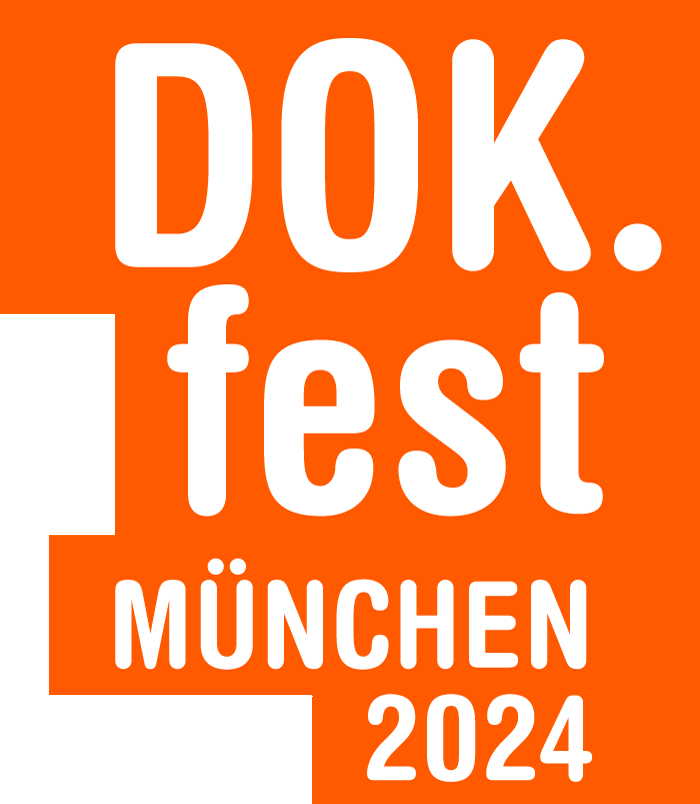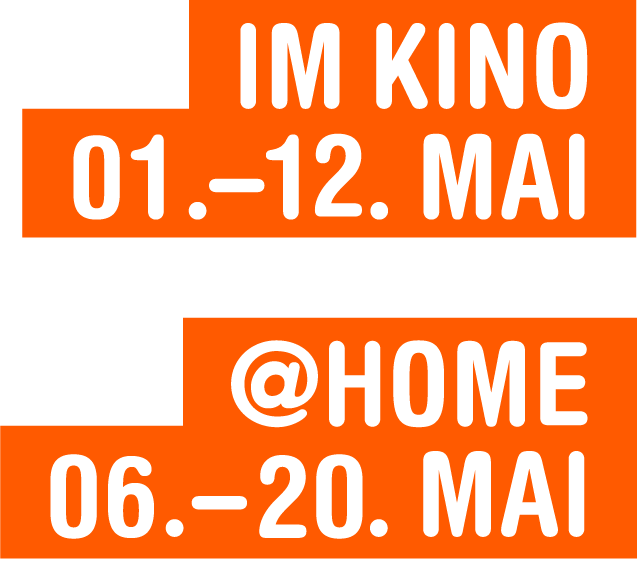Preamble of the Schule des Sehens (school of seeing)
"Documentary film is the creative treatment of actuality."
(John Grierson, pioneer of the documentary film)
DOK.education sees itself as a Schule des Sehens (school of seeing) that combines cultural education and media competence. The main focus is always on artistic documentary films. We have committed ourselves to the following tasks:
- 1. Cultural Participation
The school programme brings together children and young people from all types of schools in small groups to interactively complete tasks for an artistic documentary film that they have previously seen together. The participants get to know the documentary film (in contrast to the documentary or the fictional film) as an artistically designed and at the same time entertaining film narrative and meet the artist, i.e. the filmmaker.
- 2. Cultural Education
The documentary film appeals to all the senses and thus forms a media total artwork in which the filmmaker deals with reality in a creative way in order to tell a story. The possibilities of film language result in an infinite variety of narrational and aesthetical forms. With the help of these, what has been found can be brought to an artistic expression. The participants of the Schule des Sehens learn not only to recognise and name artistic directorial decisions in documentary films but also to ask about the underlying intention. Why are events told in historical form? How are images and sounds designed to give us an understanding of a certain atmosphere? And why are there artistic moments in documentary films at all?
- 3. Media Competence
How creative stylistic devices work in the language of film and thereby evoke emotions in the audience is elucidated in the subject of "truth and reality in documentary films". Does the cinematic adaptation of real-life events really show the truth – or is it rather only one of many possible perspectives on reality? How is reality cinematically being edited in order to be touching? What role do dramaturgy, sound, music and the power of images play?
- 4. Intercultural Education
The themes of the films curated by DOK.education tell us stories from all over the world and thereby they also convey cultural, political and social backgrounds. They offer the viewer an insight into foreign realities of life, perspectives and cultures, take us to other continents or simply into the garden of our neighbour. Like no other genre the documentary film offers children and young people the opportunity to immerse themselves in the worlds of other people, to experience the unusual and unheard and to take in other perspectives. Complex and often distant worlds can be understood and felt in this way.
- 5. Social Skills
By participating in the workshops children and young people are encouraged to actively face challenges and solve tasks independently. Our concept aims at not giving up on the participants in case of incomprehension or frustration. We encourage children to try out new things and not to be afraid of the unknown or of possibly "wrong" questions, observations and interpretations – for any subjective impression is allowed in the reception of art. Learning how to present results, which have been worked out in small groups, infront of the large plenum is also included in the process of the Documentary Film School.
Contact and newsletter registration: reichert@dokfest-muenchen.de
***




